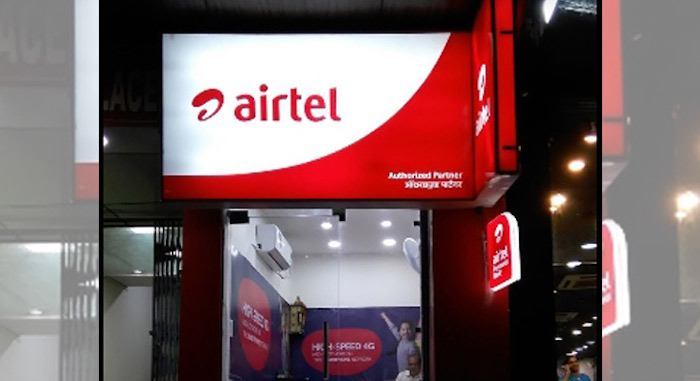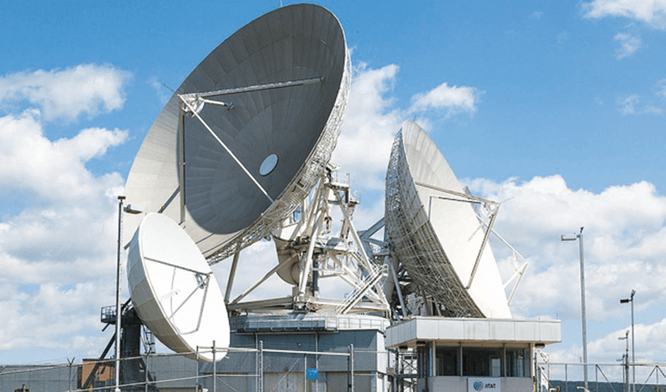
Airtel SmartCash Payment Service Bank Commences Operations In Nigeria
Airtel Africa Plc has announced its payment service bank subsidiary, SmartCash, in Nigeria. The telecommunication company said the smartcash payment service bank will be provided at select retail locations at first, with
















